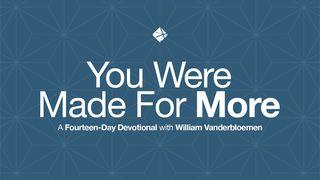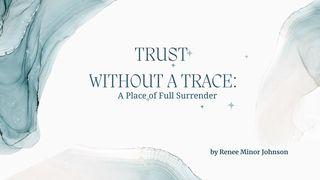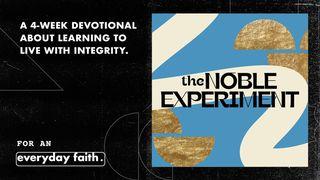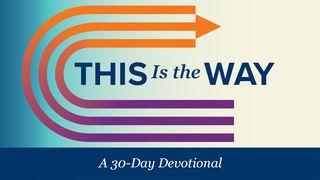Exodus: Free My PeopleSample

All That Matters In the End
By Pastor Dan Hickling
“So the Lord said to Moses: ‘See, I have made you as God to Pharaoh, and Aaron your brother shall be your prophet. You shall speak all that I command you. And Aaron your brother shall tell Pharaoh to send the children of Israel out of his land. And I will harden Pharaoh’s heart, and multiply My signs and My wonders in the land of Egypt. But Pharaoh will not heed you, so that I may lay My hand on Egypt and bring My armies and My people, the children of Israel, out of the land of Egypt by great judgments. And the Egyptians shall know that I am the Lord, when I stretch out My hand on Egypt and bring out the children of Israel from among them.’ Then Moses and Aaron did so; just as the Lord commanded them, so they did.”—Exodus 7:1–6 (NKJV)
Adversity is a part of life. We’ll all encounter it, and we’ll continue to encounter it for the duration of our stay here on Earth. Try as we might to avoid or insure ourselves against it, adversity always comes. There’s no question as to its presence. What is in question is how we respond to adversity when it arises. We can either submit and succumb to its power and pressure, or we can overcome it by aligning ourselves with something greater than it: the will of God.
That’s the dynamic that unfolds for us in the next several chapters in the Book of Exodus. Moses and Aaron are about to face adversity on a scale that’s difficult for us to imagine. They’re essentially going to issue a divine ultimatum to the most powerful person on the planet in their day—the Pharaoh of Egypt. Understand that in that time, the Pharaoh was capable of exerting his will just about however he wanted. He had power and was used to using it! There were no “checks and balances” to keep him from just eliminating whatever he wanted, especially threats as the Pharaoh’s baker learned in Genesis 40:22! Imagine, then, how slanted the scales of power must have seemed when Moses and Aaron went to the Pharaoh and demanded that he release the children of Israel and all their property.
Adversity was inevitable and would prove to be unprecedented, which is why God says what He says to Moses and Aaron here in this passage. Knowing the full weight of Pharaoh’s will would resist their mission, God tells them that despite this opposition He was going to intervene! Why is that so important? Because in the end, all that truly matters is what God is doing. It doesn’t matter who or what is blocking the way of His will. The Lord will clear the path for His purpose to prevail. On the eve of adversity, Moses and Aaron needed to be reminded that as they locked horns with the most powerful man on the earth, the God of heaven was working through them . . . and that’s all that would matter in the end!
Now what about us? Again, there’s no escaping adversity. But what do we do when it stands as in immovable object of opposition in our way? It depends. If the “way” is merely a trail that we’ve blazed for ourselves, if it’s based on our own agenda, then there’s no guarantee of getting over it. However, if we’re walking in the way the Lord has mapped out for our lives, if it’s His mission that moves us, then we can relate to Moses and Aaron here. We can, and must, take refuge in knowing that God’s plan will prevail in the end. In time, earthborn adversity will bow to heaven’s authority. All that matters in the end is what God is doing, and we can walk victoriously over our adversity in the wake of that!
Pause: Why did God tell Moses and Aaron what He tells them in today’s passage?
Practice: Apply the lessons learned here today to the adversity that you’re dealing with right now.
Pray: Father, please help me to discern and follow Your path of purpose for my life. Enable me to rest in knowing that I can trust in You to prevail in the end over the adversity I face as I walk through the life You’ve mapped out for me. Amen.
Scripture
About this Plan

In part two of this seven-part study through the Book of Exodus, we'll explore Exodus 6–13.
More
Related plans

You Were Made for More

Sound of Heaven: A 6-Day Devotional by Danny Gokey

The Benefits of Shared Spiritual Goals: How Starting as Friends First Enhances Romantic Relationships

TRUSTING GOD WITHOUT a TRACE: A Place of Full Surrender

FREE

The Noble Experiment

Fruit of the Spirit Christmas Plan

The Church - Ephesians 4

This Is the Way: A 30-Day Journey Through the Book of Acts
